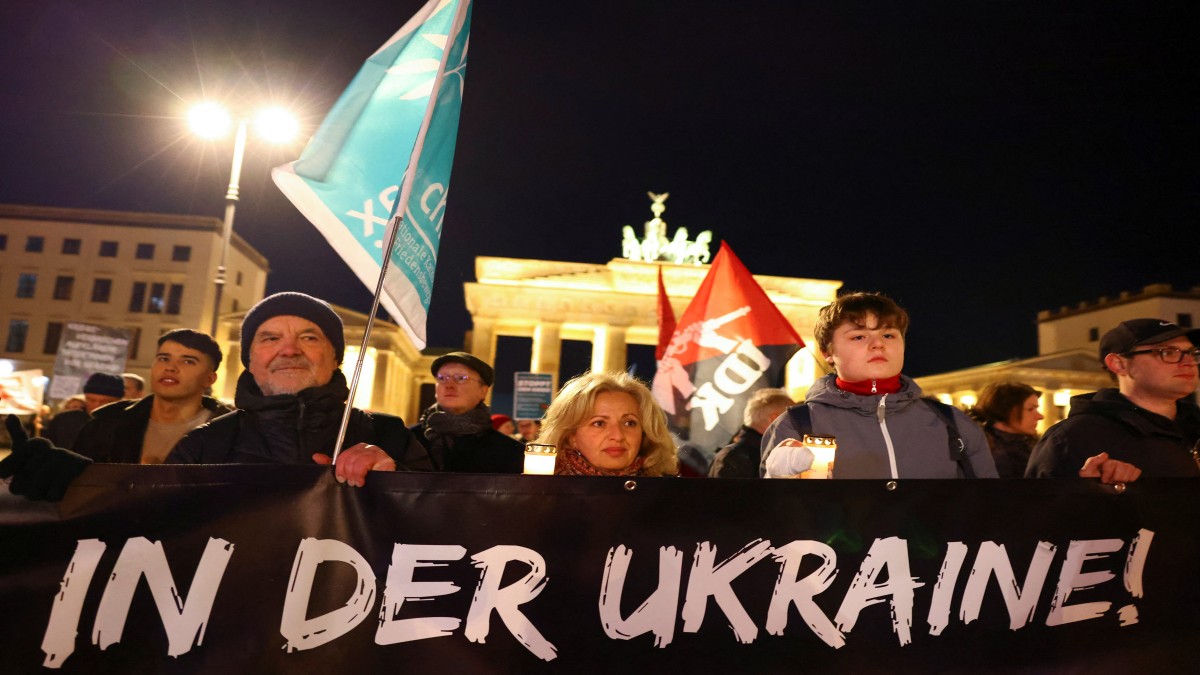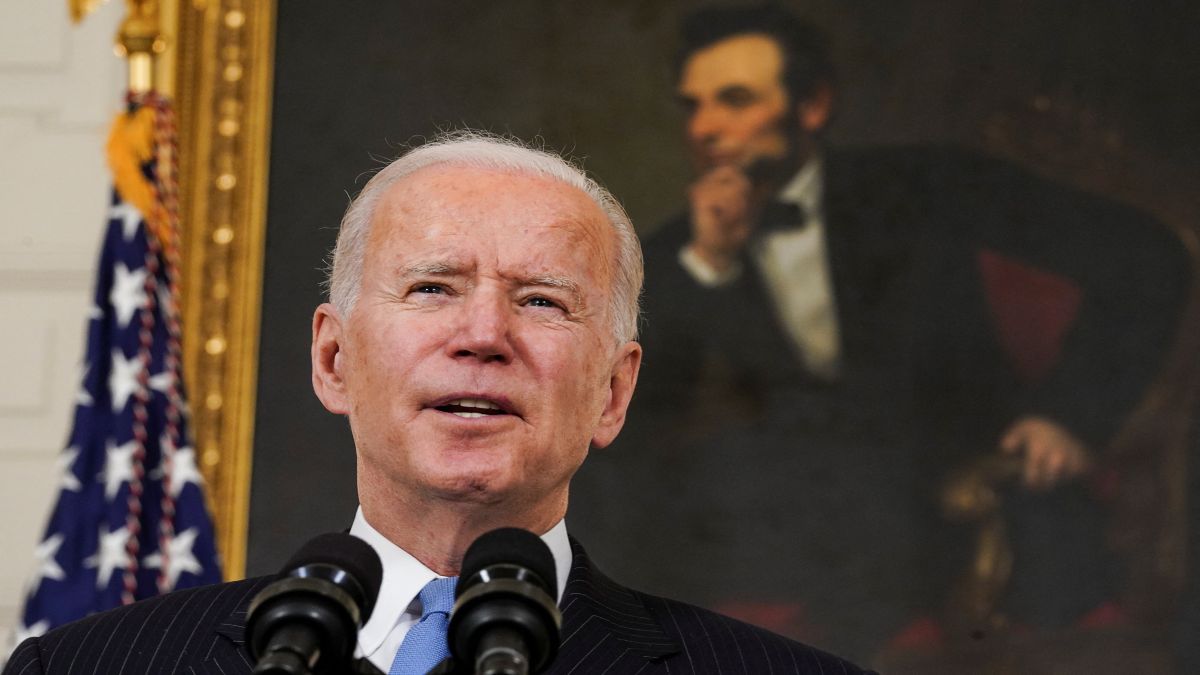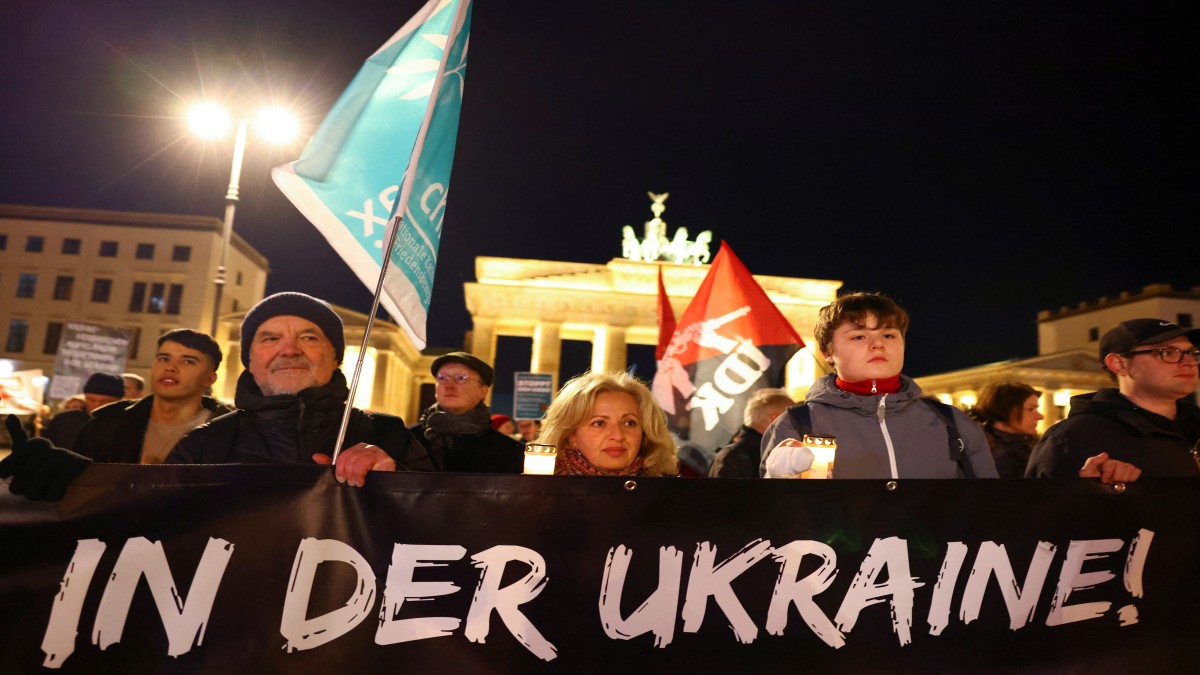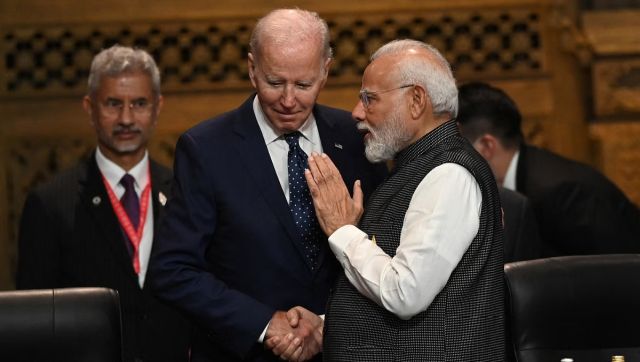The most astonishing and ironical aspect of the Devyani Khobragade affair involving alleged underpayment to her domestic help is this: it has nearly gone out of control over an issue that should normally have been handled quietly and diplomatically. In this case, both the US and India have miscalculated the other side’s intentions - real and make-believe - and allowed matters to get out of hand where a public spat became unavoidable.
The only major gain from all this is what we can learn from it. The learning, however, has to be more intense from our side as we were the naïve ones in the relationship.
The first lesson for us to learn is that America is a frenemy - a friend by necessity, and an enemy by instinct and past cold war realities. This is as true on the Indian side. We too have cold-war-mongers influencing foreign policy, even as economic and business realities, as well as geopolitical compulsions, propel us towards an alliance based on mutual interest. Dealing with a frenemy calls for more nuanced approaches where the costs and benefits of agreements have to be negotiated clearly and unambiguously.
China is a frenemy too - but here the second part of the term (the enemy bit) is more apparent to us and hence a policy is easier to calibrate. Despite the power asymmetry, we know what we have to do: we have to build up our border defence capabilities even while expanding economic ties with some safeguards. But with America our mistake was that we simply let our guard down and assumed they are fully on our side. They are not.
This brings me to the second point. For Americans, the alliance with India is one of geopolitical convenience. It is about providing a counterweight to a rising China apart from giving US multinationals market access in Asia’s second largest growing large economy. But they are under no illusion that Indian interests coincide with theirs.
It is best to understand US interest in us by taking a look at their domestic politics. For simplicity’s sake, let’s assume there are two broad poles - centre-right and centre-left - in American politics represented by Republicans and Democrats. We also have to understand that within these broad groupings, there are ultra-right and ultra-left pressure groups that exert an undue influence on policy. The ultra-right, for example, would include Neocons and Evangelical groups whose interest in India is from the religious conversion point of view.
The ultra-left would comprise the unions and the vast armies of educated Americans who are underemployed or unemployed due to India’s skilled challenge. They believe that cheap Indian engineers are eating their lunch, and hence they are at the forefront of instigating visa fraud cases and protectionist legislation against TCS and Infosys, among others.
The interests of the American right and left sometimes converge and sometimes diverge. Hence it is not possible for Americans to have a simple friend or foe policy with India. (It is the same with Pakistan, where the US believes Pakistan is vital for protecting its West Asian strategic interests, but it’s also a double-agent when it comes to fighting terror.)
Back to American politics. The Evangelists, for example, are essentially Islamophobic and they worry that by mid-century Muslim demography will make Islam the world’s dominant religion. They are thus interested in easy conversion options - and there is no market bigger than India to help them drum up Christian numbers, as China is closed. Millions of evangelical dollars are being poured into India by these groups, raising communal tension and suspicions everywhere. The Evangelicals can also look at Africa, but conversions there have already reached critical mass (outside the Islamic parts of Northern and Eastern Africa), and hence further conversions will be hard to come by.
Logically, an Islamophobic Christian right and an equally Muslim-baiting Sangh Parivar should be natural allies, but the conversion agenda makes them antagonists. In fact, it was American evangelists who fought the hardest to highlight the Gujarat communal conflagration even though it was Muslims who got killed in larger numbers in 2002.
Where the interests of left and right converge is in showing up India’s human rights and religious freedom lapses. The left would like to use this to deny us labour market access, and the right to make this a key reason to justify aggressive conversion. Khobragade fits in well into this picture - for it is an obvious case of underpayment under American law, and the domestic help in question provided everyone the necessary ammo to use against Khobragade and India. We have played into this perception by tom-tomming the maid issue beyond reason.
But we also need to understand why we are unable to defend our own interests.
The problem is, unlike the Americans who see this alliance as a mere convenience, we view America with the blissful unawareness of infatuated lovers. Indians love America and the American way of life; we dream of American visas, American jobs and American education. This is what made a Sangeeta Richard (Khobragade’s estranged domestic help now at the centre of allegations against her) accept a good wage by Indian standards just to enter America. She then proceeded to betray her employer once American NGOs and other busybodies offered to get her a better deal.
The truth is Americans were never in love with us before or after 9/11. Till 9/11 we felt angry and jilted that our love was not reciprocated and we went to bed with the Russians instead. After 9/11, when an angry George Bush was scouting for some friends in South Asia, we accepted the offer with both hands and jumped to the wrong conclusion that this time it was the real thing. It wasn’t quite.
The Americans probably understand our follies better than we understand theirs. They understand our poverty and eagerness to ingratiate ourselves with the White man; we mistake their apparent politeness for genuine friendship and trust. We let our guard down without real proof of fidelity.
As the withdrawal of the special concessions given to American embassy staff in the wake of the Khobragade affair shows, we bent over backwards to give them benefits that they did not give us in return. And this is why we feel particularly angry they behaved like this with our diplomat. We feel betrayed.
There is another aspect where we have to hold a mirror to ourselves. And it’s not really about the maid and visa fraud. The truth is we are deeply compromised. We think we have given the Americans special favours but they think they have already paid for it. This is how it works. Given our love for America and the obvious attractions of American universities and work life, they are happy to quietly help our elite bureaucrats, politicians, intellectuals and senior media personnel to find scholarships, fellowships, jobs and sinecures in US think-tanks.
It would be interesting to know how many of our intellectuals and the media have been long-term guests of Uncle Sam. None of this may be corruption, but it surely clouds our judgment when we seek reciprocity in relationships. I would not be surprised if we have given the Americans more or less a free hand to send all their spies here in the belief that they won’t do us harm, and that they must really be hunting the jehadis. But can we be sure? What is the guarantee that the Americans have not planted maids on our consuls in the hope of gathering intelligence from our top diplomats? We have to be on guard.
The Americans have surely paid for our friendship, and given our willingness to settle for small favours, we have compromised national interests in the bargain. We have traded private benefits for the elite while they have safe-guarded their national interests for very little expenditure. For every favour, Pakistan extracts billions of dollars in aid. We give the same for a scholarship here, a think-tank position there.
This leads me to the third lesson: in future, even while dealing with a likely ally like America, we have to build reciprocity into the relationship. Even more important, we should build coercive counter-capabilities. See how the Americans have handled it. To let Khobragade off, they will demand a high price. Do we have a bargaining chip? An American who they want to rescue? Or will we just take things lying down and accept minor regrets and the deportation of Khobragade as a face-saver?
The minor lessons to learn from the Khobragade affair are these: the fourth lesson is that we have to re-examine the domestic help policy and instead pay our diplomats more, so that they can afford to employ locals. This is the hard lesson the Infys of the world have learnt after paying fines for alleged visa frauds. It is time the government of India and the Indian Foreign Service learnt this.
Fifth, we should closely monitor American politics and find the right mix of allies among left and right to get our work done. This calls for hard work, acute policy analysis, and a hard-nosed understanding of our larger interests. This means creating our own strong think-tanks and not using spare capacity in American think-tanks, whether it is the Heritage Foundation or the Cato Institute, the American Enterprise Institute or Brookings.
We also have to monitor our IFS officers and netas who send their children for studies abroad. This is where we will find many of the things that compromised us.
The media, for its part, needs to be wary about accepting every American junket that comes its way. But this is easier said than done, and most media enterprises accept junkets (including, Firstpost) as they themselves cannot afford the big costs of covering foreign affairs or business through foreign travel. It is not an easy issue to resolve.
But the bottomline is simple: we can’t make easy assumptions about American friendship, however desirable it may seem. Genuine alliances can only be built on the principle of reciprocity and mutual respect. That simply ain’t there right now.


)




)
)
)
)
)
)
)
)